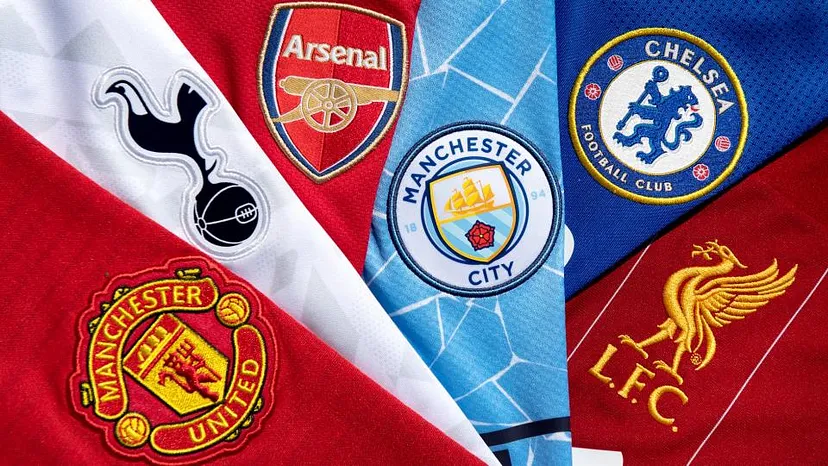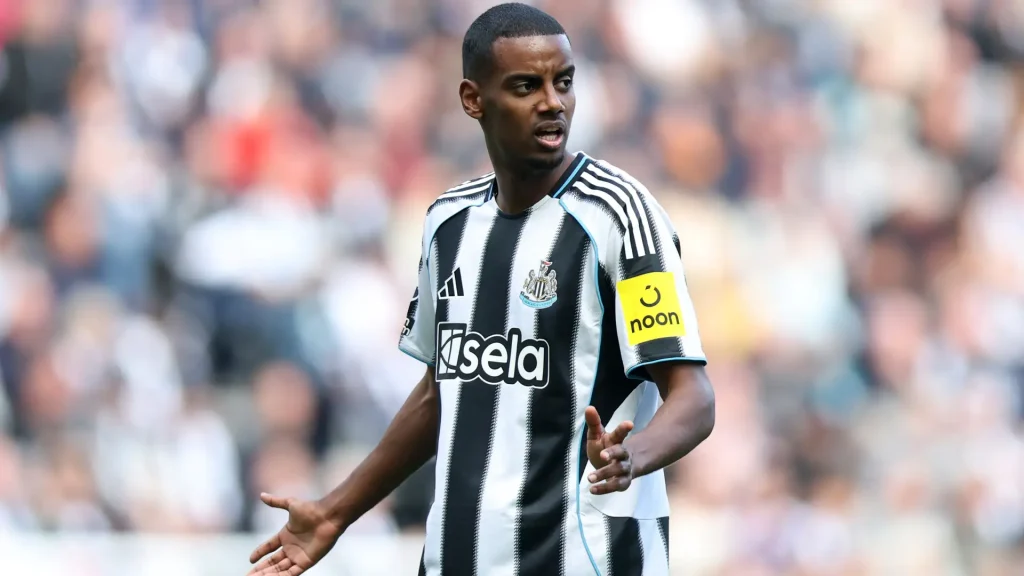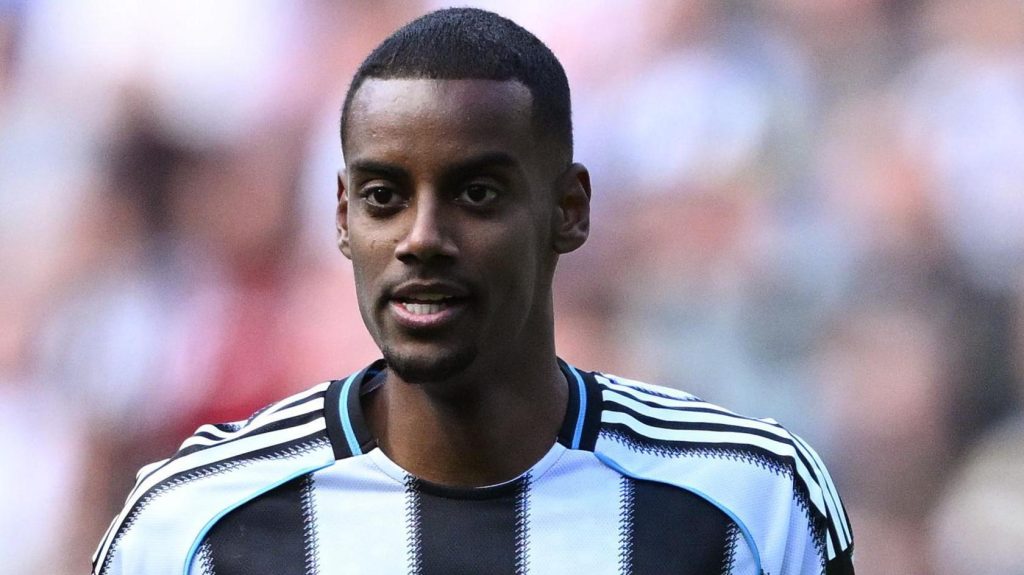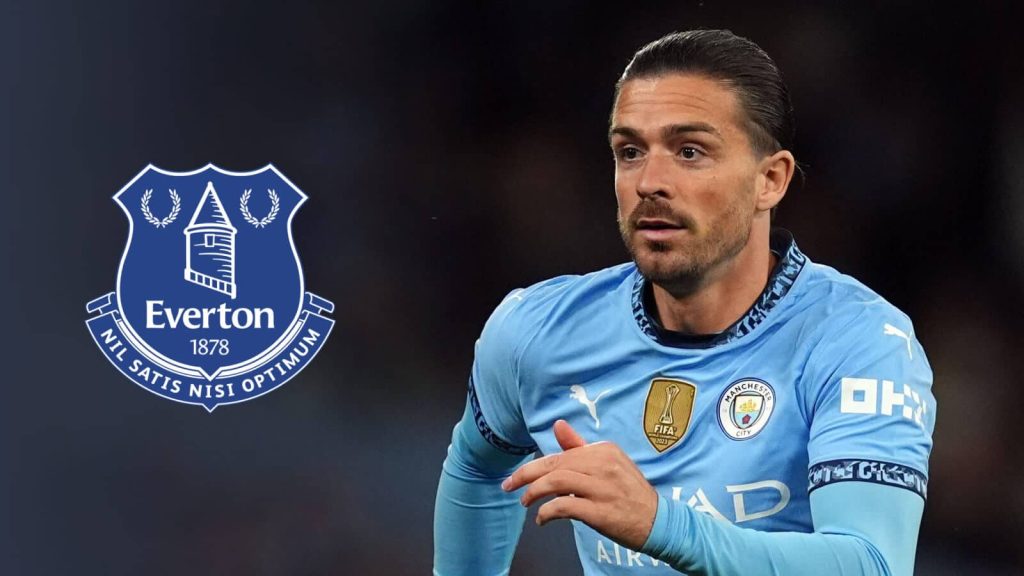Everythings you need to know about PREMIER LEAGUE

History
Formation: The Premier League was founded on 20 February 1992, when the top clubs in the English Football League First Division broke away to form their own league.
Purpose: The creation aimed to maximize the revenue potential from television rights.
Structure
Teams: The league consists of 20 clubs.
Season: The season runs from August to May, with each team playing 38 matches (19 home and 19 away).
Format: The league operates on a system of promotion and relegation with the English Football League (EFL) Championship. The bottom three teams are relegated to the Championship, and the top two teams from the Championship, along with the winner of the Championship play-offs, are promoted to the Premier League.
Points System
Win: 3 points
Draw: 1 point
Loss: 0 points
The team with the most points at the end of the season is crowned the champion. If teams are tied on points, goal difference and then goals scored are used to determine the ranking.
Notable Achievements
Most Titles: Manchester United holds the record for the most Premier League titles.
Invincibles: Arsenal completed the 2003-04 season unbeaten.
Centurions: Manchester City achieved 100 points in the 2017-18 season.
Financial Aspects
Revenue: The Premier League generates significant revenue from broadcasting rights, commercial deals, and sponsorships. TV rights are sold domestically and internationally, making it one of the richest football leagues in the world.
Distribution: Revenue is distributed among the clubs, with the largest share going to the top clubs. However, all participating clubs receive substantial payments.
Major Clubs
Manchester United: One of the most successful and popular football clubs globally.
Liverpool: Known for its rich history and passionate fanbase.
Arsenal: Famous for its attractive style of play.
Chelsea: Has seen significant success, especially since the early 2000s.
Manchester City: Recently emerged as a dominant force in English football.
Players
Top Scorers: Alan Shearer is the league’s all-time top scorer.
Iconic Players: The league has seen some of the world’s best players, including Thierry Henry, Cristiano Ronaldo, and Frank Lampard.
Current Trends
Youth Development: Increased focus on developing young talent through academies.
Global Appeal: The Premier League has a massive international following, with fans from all around the world.
Technology: Introduction of VAR (Video Assistant Referee) to assist referees in decision-making.
Challenges
Competition: The intense competition for the top spots and European qualifications.
Financial Fair Play: Adherence to financial regulations to ensure clubs do not spend beyond their means.
Injuries: Managing player fitness with the rigorous schedule of domestic and international matches.
Impact
Cultural: The Premier League has a significant cultural impact, influencing football styles, fan engagement, and sports marketing worldwide.
Economic: It contributes greatly to the UK economy through job creation, tourism, and global broadcasting deals.
Future Prospects
Expansion: Continued global expansion and increasing fan engagement through digital platforms.
Sustainability: Focus on making the league more environmentally sustainable.
Diversity: Promoting diversity and inclusion within the sport.




